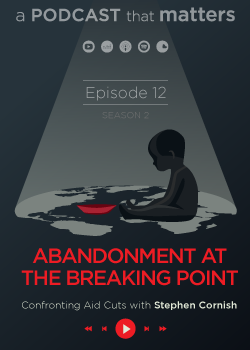Print

Building Resilient Innovations in Democracy, Governance and Excellence: BRIDGE
Details
Locations:Estonia, Germany, Netherlands, Ukraine
Start Date:Sep 1, 2024
End Date:Aug 31, 2027
Contract value: EUR 1,498,575
Sectors: Democratization, Research
Description
Programme(s): HORIZON.4.1 - Widening participation and spreading excellence
Topic(s): HORIZON-WIDERA-2023-ACCESS-02-02 - Twinning Green Deal
Call for proposal: HORIZON-WIDERA-2023-ACCESS-02
Funding Scheme: HORIZON-CSA - HORIZON Coordination and Support Actions
Grant agreement ID: 101160337
Objective:
The BRIDGE project aims to boost the innovation capacity of the Kyiv School of Economics (KSE, Ukraine) with particular attention to research-to-policy transfer over a pressing policy problem: the role of decision support and deliberative formats for citizen participation (citizen assembly) in the reconstruction of housing and infrastructures, destroyed by the Russian war against Ukraine. The project fills broader gaps in public administration theories and practice on how to blend representative and participatory models of democracy during crisis situations to achieve efficient and legitimate policy outcomes in democracies.
To achieve this goal, KSE has partnered with three excellent institutions - Erasmus University Rotterdam (EUR, the Netherlands), Berlin University of Technology (TU Berlin, Germany) and University of Tartu (UTARTU, Estonia). Partners bring complementary expertise in developing and studying digital democratic innovations, such as citizen assemblies, and using public governance approaches to research and improve the adoption and diffusion of digital innovations. Hackathons, site visits, peer-to-peer mentoring, online workshops and secondments serve to unleash the Kyiv School of Economics’ potential in three capacity domains: (i) contribution to ongoing methodological and empirical-analytical debates in the academic literature, (ii) bridging the knowledge gap with policymakers and professionals, and (iii) organisational capacity to sustainably secure grants and research funds for KSE’s ongoing organisational development, talent acquisition and preventing brain drain. For maximum effectiveness, KSE will apply acquired knowledge to a pilot study of digital recovery system DREAM and its participatory module eDem, including a design and assessment of a pilot digital citizen assembly on a municipal level.

